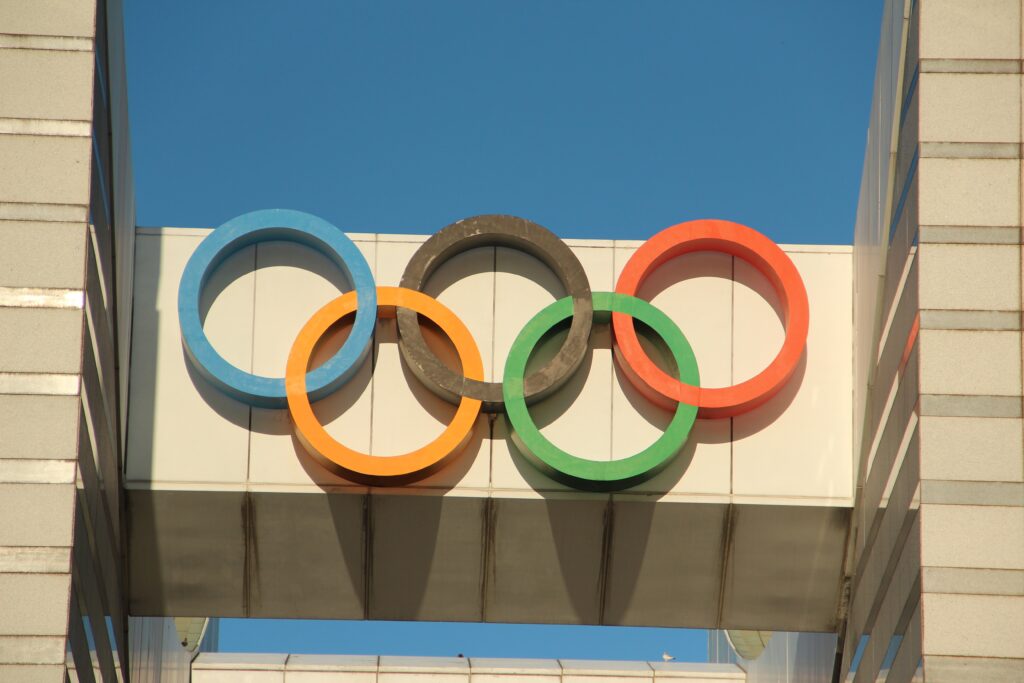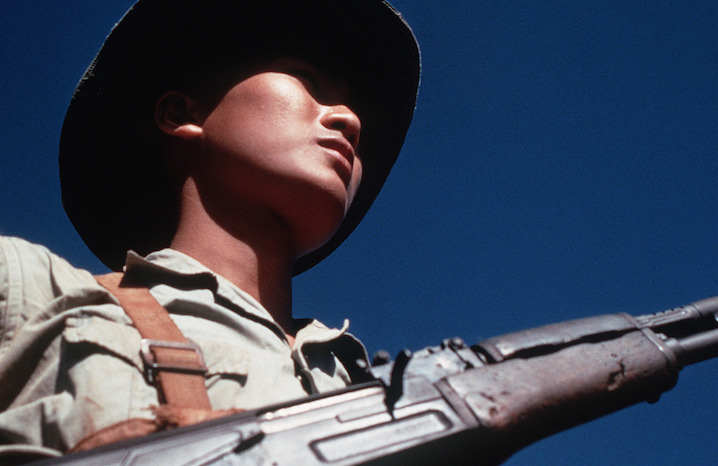The Olympics are often seen as a pinnacle of athletic achievement, sportsmanship and competition. For many, they are the culmination of a lifetime of hard work and proof of what can be achieved through sheer determination and dedication.
Yet, year and after year, the Olympics have lost their shine. Host cities have been ransacked to make space for Olympic facilities. In just the last 50 years, over 2 million people have been forcibly relocated to accommodate the games. Steroid abuse runs rampant, including the state-sponsored doping of Russian Olympians during the 2014 Sochi Winter Games. China, the host of the 2022 Beijing Winter Olympics, continues to commit well-known human rights violations.
One insidious component of the Olympics, however, is its exploitation of child athletes.
It was difficult to miss the story of Russian figure skater Kamila Valieva at the 2022 Beijing Winter Olympics. Valieva, who started as a heroic trailblazer (she was the first woman ever to land a quad jump in the Olympics), ended up as a villainous symbol of athletic corruption after she was found to have taken a banned heart medication called trimetazidine which increases endurance.
Valieva was originally suspended by the Russian Anti-Doping Agency — a decision that was quickly rescinded but then appealed to the Court of Arbitration for Sport. The Court ultimately sided with Valieva, citing a failure by the testing laboratory to provide timely results. Valieva’s negative test came on Dec. 25, in the midst of the Russian National Competition.
The court allowed Valieva to compete but provided zero protection against the relentless demand of the global media. Headlines circulated calling Valieva a “dirty cheater,” the decision to let her compete “disgraceful” and a “permanent scar” on figure skating. Left a victim of constant interrogation, Valieva slid from first place to fourth after a disastrous final skate that included multiple falls and a tearful exit from the rink.
What makes this so devastating, however?
Kamila Valieva is just fifteen years old. But after a disastrous final skate, Valieva explained that she has nothing left to give, saying, “It’s as if I don’t have any emotions left.”
The Olympic creed expresses: “The essential thing is not to have won, but to have fought well.” Yet, Valieva’s situation has proven that the Olympics are not about fighting well but instead political games and that the well-being of athletes — particularly children — is not the priority.
Valieva is not the only underage Olympian to leave the Olympics heartbroken. Fellow Russian skater, silver medalist Alexandra Trusova (17) was caught on camera screaming, “I hate it! I don’t want to do anything in figure skating ever in my life,” following the finals. Trusova later told reporters: “There is no happiness.”
Gold medalist and Russian teammate Anna Shcherbakova (17) experienced similar negative emotions about the Olympics. Shcherbakova told reporters that she felt “emptiness inside” after receiving her medal alone as her coaches and teammates rushed to comfort Valieva.
Valieva, Trusova and Shcherbakova share the same coach: Eteri Tutberidze, a woman infamous for producing brilliant skaters with horrifyingly short lifespans. When Valieva left the ice, tears streaming down her face, Tutberidze berated her, demanding, “Why did you let it go? Why did you stop fighting? Explain it to me, why.”
These Olympics were a spectacle of stifled dreams and emotional destruction. Valieva’s doping scandal has cast serious suspicion on the adults in her life, most notably on Tutberidze.
Thomas Bach, President of the International Olympic Committee, criticized Valieva’s entourage, publicly doubting that they knew “how to treat a minor athlete at the age of 15 under such an obvious mental stretch.” NBC commentator and former Olympic skater, Johnny Weir, called Valieva’s performance, “the destruction of a young person.”
Yet, Valieva and her teammates are not the first victims of the Olympic machine.
Human Rights Watch released a 67-page report in 2020 detailing the “physical, sexual, and verbal abuse” suffered by underage Japanese athletes in the lead-up to the 2020 Tokyo Summer Olympics. In 2010, it was discovered that gymnast Dong Fangxiao, who won the bronze medal at the 2000 Summer Olympics in Sydney, had been two years below the age requirement while competing.
In 2016, reports emerged that U.S. Olympic gymnastics team doctor Larry Nassar had sexually abused hundreds of athletes, protected by the inaction of both USA Gymnastics and the FBI. While most prominent in gymnastics, athletes in other sports are beginning to come forward with their own stories of abuse. It is clear that the grandeur that previously shielded many Olympic trainers and programs is being torn down by a community of survivors.
The truth is that the Olympics have not been a celebration for many years, not when they are built on the exploitation and abuse of child athletes. Valieva, regardless of the outcome of the doping investigation, was failed horribly by her coach, the IOC and the CAS. They allowed her to compete but offered no protection from the mental abuse she faced at the hands of global media, contributing to her breakdown on ice.
Until the Olympics change the way athletes are treated — particularly children — they will continue to fail their motto. The “Faster, Stronger, Higher — Together” rings hollow when so many children’s needs have been left neglected.
Valieva’s situation is emblematic of the paradoxical issue of allowing children to compete against adults. If a child is old enough to compete, they must be old enough to be responsible for their actions. If they cannot be held accountable, they should not be competing.
The IOC has attempted to play both sides by allowing athletes to pursue greatness in their sports at a young age. Yet it has provided none of the mental or emotional support needed to help these children cope with the pressure they face, nor protection against abuse by their national programs and coaches while pursuing an Olympic medal.
Throughout all of this, the IOC allows the governing bodies of individual sports to determine the age requirements for their athletes, negligence that makes the IOC complicit in Valieva’s suffering. Given the current state of the Olympics, the IOC must take an active role in establishing protections for underage athletes. This must start with an Olympic-wide age requirement that will not only protect athletes’ bodies in the long term but also protect their mental health at an age when it is most fragile.







